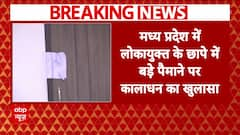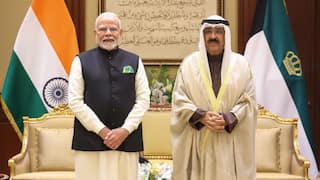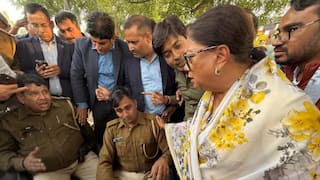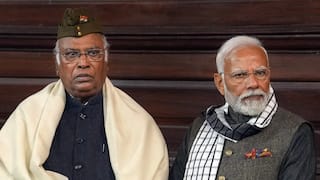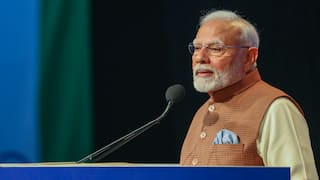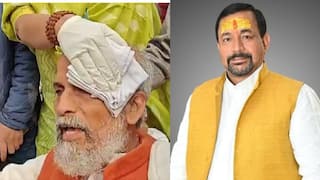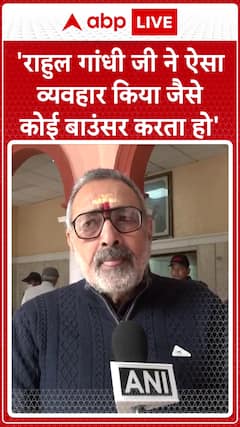Sri Lanka Elections: Who Is Anura Kumara Dissanayake, Surprise Contender Leading Presidential Race
Anura Kumara Dissanayake, a Marxist-leaning candidate, is currently leading Sri Lanka's presidential election with 53% of votes counted.

Sri Lanka's Marxist-leaning leader, Anura Kumara Dissanayake led the the early trends on Sunday as voting ended in the country to elect their next president. The elections are happening in the island nation for the first time since the ouster of President Gotabaya Rajapaksa following a mass protest in 2022.
Dissanayake was leading with 53 per cent of a million votes counted so far, as per Sri Lanka's Election Commission, reported Reuters. Opposition leader Sajith Premdasa was in second spot with 22 per cent votes while incumbent President Ranil Wickremesinghe trailed in third place.
According to the poll body, about 75 per cent of the eligible 17 million people cast their votes in the Saturday polls.
Head of the Janatha Vimukthi Peremuna (JVP) party, Dissanayake contested the elections as a candidate for the National People's Power (NPP) alliance. His party has advocated for stronger state intervention, lower taxes and more closed-market economic policies in the cash-strapped nation.
While JVP currently has three seats in the parliament, Dissanayake's pitch for tough anti-corruption measures and more pro-poor policies has made him a popular choice.
Who Is Anura Kumara Dissanayake?
The 55-year-old politician is a surprise contender in the Saturday polls but not a new name in the country's political discourse. His JVP party and the NPP alliance that he leads found its pivotal role in 2022 when the country's economy collapsed which led to widespread shortages of essential goods and skyrocketing inflation.
Mass protest movement – known as the Aragalaya [Sinhalese for “struggle”] – ensued which saw protestors storming into the president's residence and Rajapaksa's ouster. While no political party officially claimed the leadership of the movement, the JVP played an active role, reported AlJazeera.
The leadership void created following Rajapaksa's resignation paved the way for Dissanayake and his party to amplify calls for broader change, striking a chord with disillusioned citizens and attracting them to their advocacy for social justice and against corruption.
Trending News
Top Headlines













